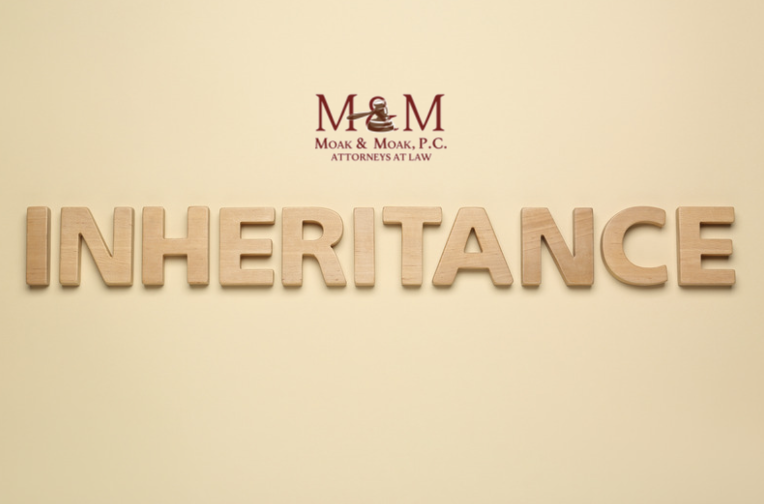Inheriting wealth is a major event that, if not managed correctly, can lead to financial missteps and potential loss. Individuals who receive an inheritance often face challenges in managing their newfound wealth due to a lack of experience, existing debt issues, or tax complications.
However, proactive estate planning can help mitigate these problems, ensuring that the inherited wealth is used wisely and effectively.
The Impact of Inheritance on Estate Plans
An inheritance can significantly alter your financial landscape, necessitating a review and possible adjustment of your tax and financial strategies. It may also increase your risk of legal claims as people tend to target those with perceived wealth. If this is your first experience with substantial assets or investments, an estate plan can establish measures to manage and safeguard your wealth.
If you already have an estate plan, it’s crucial to revise it to include your recent inheritance. More assets may require a change to ensure your wishes are correctly implemented. This is especially true if your family structure is complex, if your assets now exceed $11 million (making your estate taxable), or if your initial estate plans involved a philanthropic approach. By carefully planning how to use your inheritance, whether for immediate or long-term financial goals, you can prevent the squandering of your newfound wealth.
Safeguarding Your Family’s Wealth
Receiving an inheritance also presents an opportunity to conserve your family’s wealth for future generations. Unfortunately, studies show that 70 percent of affluent families lose their wealth by the second generation, and 90 percent by the third generation.
A key reason behind these startling statistics is poor intergenerational communication about money matters. Hence, it is vital to take active steps to ensure long-term wealth preservation. Discussions about money are often avoided due to fears of creating a sense of entitlement among younger generations, concerns about privacy, or because talking about finances is considered taboo. But with open and honest dialogue, and careful planning, your family can avoid the common pitfall of wealth dissipation within a few generations.
Estate planning can lay the groundwork to ensure assets are managed effectively and preserved, rather than wasted. It can also help transform wealth into a positive legacy rather than a source of problems or societal issues.
Inheritances can deplete more rapidly than expected without proper planning. If you’ve recently inherited wealth or anticipate doing so soon, it’s essential to seek financial and legal advice from those with experience in estate planning.

